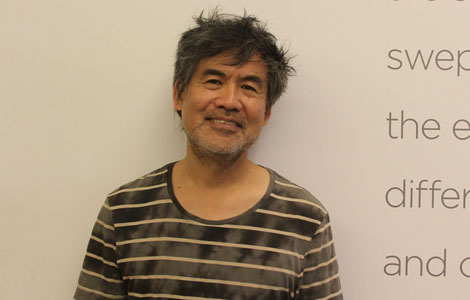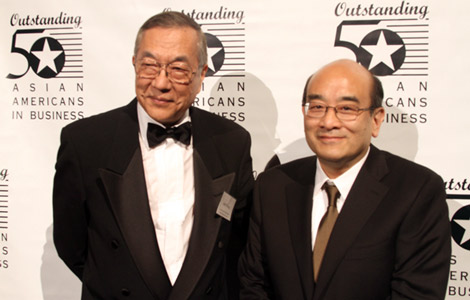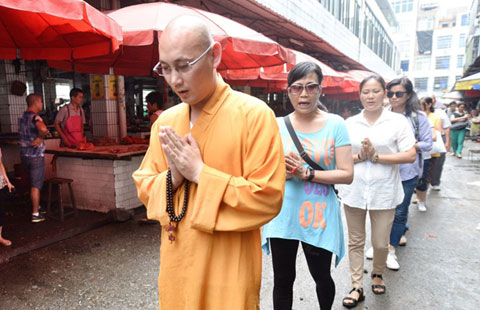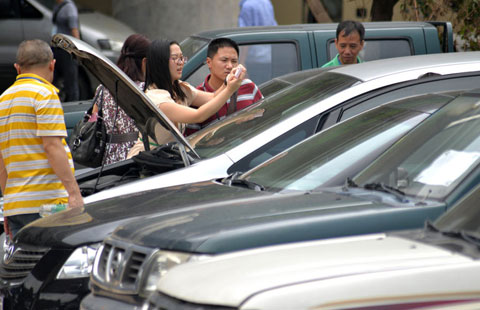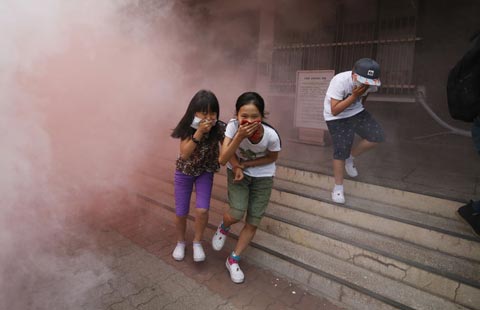US, not China, key to Peninsula issue
Updated: 2014-06-24 07:12
By Zhu Ping (China Daily USA)
|
||||||||
A Republic of Korea solider went on a shooting spree in the demilitarized zone (DMZ) at a time when Seoul is lamenting the nearly seven-decade division of the Korean Peninsula. Making things worse, some Western media outlets have reported that China is against the Korean reunification. This, among other things, has raised Seoul's concerns ahead of the visit of President Xi Jinping to the ROK.
The truth, however, is that China has never shied away from its responsibility to maintain peace in the region and thus it is ridiculous to blame it for "blocking" the Korean reunification process.
Before accusing China, the Western media should ask one vital question: Which power benefits most if status quo is maintained on the Korean Peninsula? The answer: The US.
The dramatic shooting incident in the DMZ on Saturday night highlights the tensions prevailing in the world's most militarized border. The ROK has launched a nationwide search for the suspect, surnamed Yim, who fled with weapons after killing five of his fellow soldiers; the soldier was surrounded and captured alive on Monday after an attempt to commit suicide. And there is no evidence that the Democratic People's Republic of Korea was involved in the incident. But the incident has once again reminded people of the Korean War (1950-1953), in which US-led UN forces joined the ROK and forced China to support the DPRK.
Last week, I happened to visit Panmunjom, the village where an armistice agreement was signed on July 27, 1953, establishing the DMZ and cutting the Korean Peninsula roughly in half. The DMZ, which many refer to as the last Cold War frontier, is about 250 kilometers long and 4 km wide. Technically speaking, the Korean War has not ended because no peace treaty has been signed to that effect, although the two parts of the Peninsula want national reunification.
My trip to Panmunjom was part of an international conference organized by Korean Journalists' Association, and it took us only an hour's drive (about 50 km) from Seoul to reach it. No wonder, the ROK is sensitive to any untoward incident in the DMZ. After all, Seoul is home to nearly one-fifth of the ROK's total population of about 50 million and accounts for about a quarter of its GDP.
Starting from the first check point on the road to Panmunjom, the military facilities and warning signs of "No Photos" made it clear that we were approaching the most dangerous border in the world. But the DMZ had a surprise in store: it is an idyllic landscape with huge swathes of lush green paddy fields, where farmers from both sides of the Peninsula are said to work on each other's side. The DMZ should be a dreamland for environmentalists and nature enthusiasts, and it is home to some rare species of cranes. In fact, the DMZ looks more like a nature reserve park and attracts about 1,000 tourists a day.
The small glimpse of Panmunjom shows that tensions on the Korean Peninsula can be eased. Perhaps the US aims to maintain controllable tension to justify and strengthen its military presence in the region.
The US and the DPRK have been locked in a stalemate for some time: Pyongyang wants a peace treaty first and Washington demands that Pyongyang first abandon its nuclear weapons program. The DPRK uses the US' refusal to sign a peace treaty to conduct nuclear tests, which, however, doesn't threaten the US because of Pyongyang's failure to develop missiles with nuclear warheads powerful enough to strike the US mainland. The US, in turn, uses the DPRK's actions to beef up its missile defense system in Asia on the pretext of protecting its allies against Pyongyang.
The DPRK's nuclear tests, however, pose a problem for China and the ROK. The DPRK conducted its third nuclear test a little more than 100 km from China's border. Therefore, like Seoul, Beijing too is strongly opposed to Pyongyang conducting any more nuclear tests. China, in fact, supported the sanctions that were subsequently imposed on the DPRK.
But by refusing to promise that it will not take any military action against the DPRK, the US has provoked it to build nuclear weapons and tried to drive a wedge between Beijing and Pyongyang. The US is playing the DPRK nuclear card also to create a rift between China and the ROK and keep the latter deeply entrenched in Washington's camp, which could prove damaging for Beijing and Seoul both, because China is the ROK's largest trade partner and the ROK is China's third largest trade partner country.
Some believe that China doesn't support Korean reunification, because once the Peninsula is united the US could redeploy its 30,000 troops on China's northeast border using the Washington-Seoul military alliance as pretext. This will undoubtedly pose a big threat to China's security, especially because it is widely believed that the "pivot to Asia" policy of the US is targeted at China.
China is indeed worried about security on its northeast border. But an unstable Korean Peninsula poses a far greater risk to China. China supports Korean reunification because peace, rather than tension, on the Peninsula best serves its interests.
After almost seven decades of division, the two parts of the Peninsula have developed huge gaps in terms of political systems, economies and people's well-being. Efforts to narrow the gaps, rather than China's policy, are vital for rapprochement between the two sides on the Peninsula. But it is equally important that the US abandon its Cold War mentality and stop using the Peninsula as its chessboard to plan its strategic moves and create trouble in the region. China is not the key to Korean reunification, the US is.
The author is an editor with China Daily. zhuping@chinadaily.com.cn
(China Daily USA 06/24/2014 page12)

 Xunlei goes public on the NASDAQ
Xunlei goes public on the NASDAQ
 Beijing, Boston are just 13 hours apart
Beijing, Boston are just 13 hours apart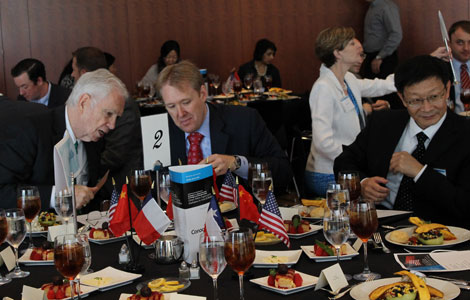
 Stable reform expands US-China relations
Stable reform expands US-China relations
 Shanghai's Jews focus of DC show
Shanghai's Jews focus of DC show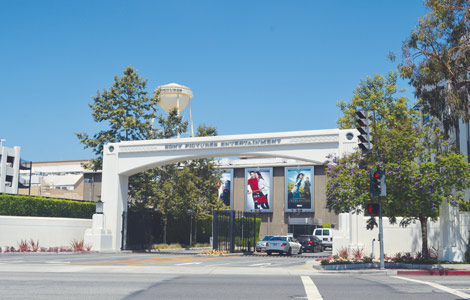
 Fosun invests in studio to get Hollywood's know-how
Fosun invests in studio to get Hollywood's know-how
 Soldier's struggles inspire birth of an opera
Soldier's struggles inspire birth of an opera
 UN list adds Silk Road, Grand Canal
UN list adds Silk Road, Grand Canal
 Top Chinese artists featured on Mall
Top Chinese artists featured on Mall
Most Viewed
Editor's Picks

|

|

|

|

|

|
Today's Top News
Hundreds held in Xinjiang terror blitz
Putin, Obama discuss Ukraine crisis over phone
Factory output estimate indicates stability
US-China ties get a boost from grassroots
US, not China, key to Peninsula issue
Crackdown urged on Web terror content
Guinness record for plank
Criticism by ex-US official dismissed
US Weekly

|

|
